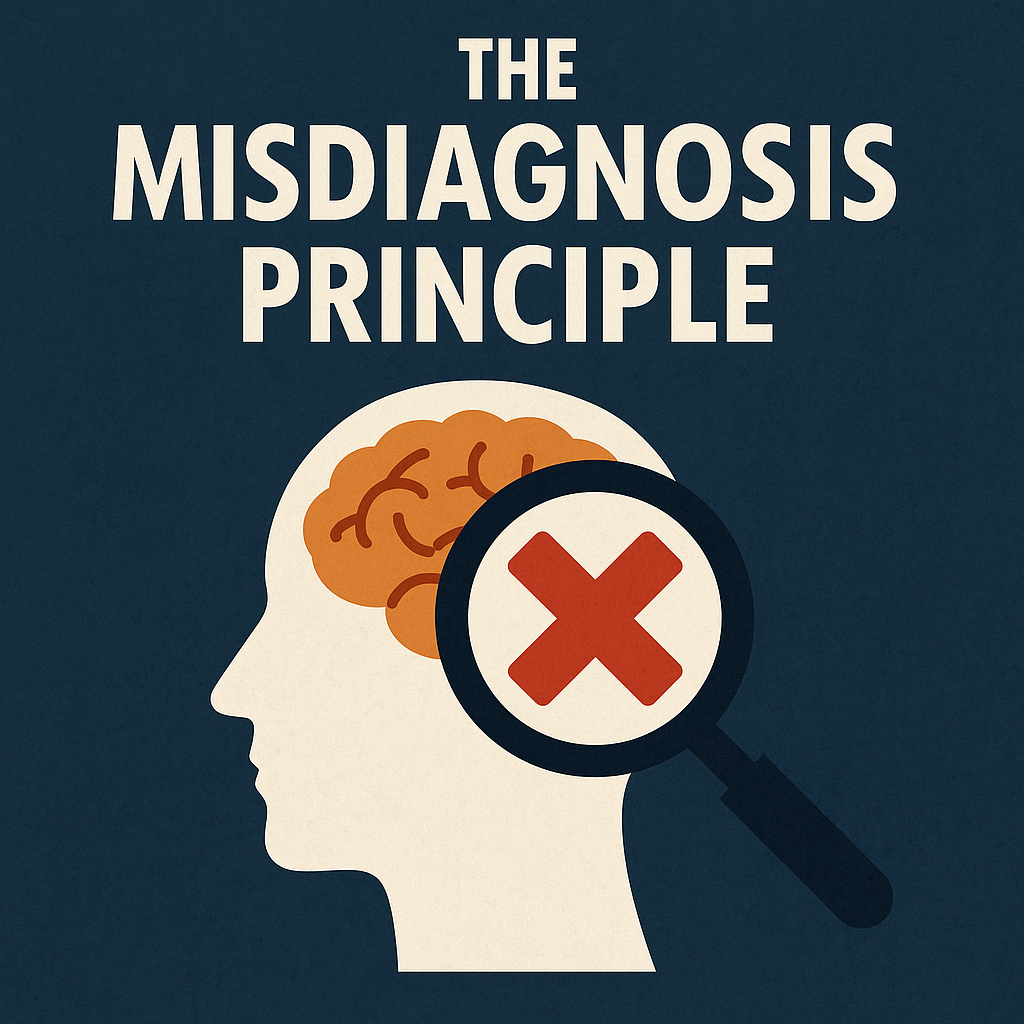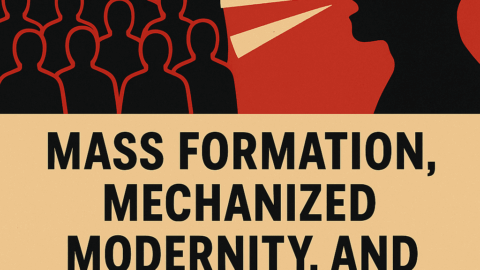Conservatives become less politically engaged or vigilant once their preferred candidate takes office. Let’s break this down in detail, exploring why this happens, its historical patterns, and its consequences.
The Psychology of Political Engagement
Political engagement often operates on a cycle of fear and relief. When a party is out of power, its base is energized, fearing unfavorable policies or cultural shifts. However, once their candidate is elected, many assume the battle has been won and disengage.
Key Psychological Factors:
- Relief from Political Anxiety: Many conservatives see their victory as a safeguard against policies they oppose, leading them to relax.
- Trust in Leadership: Conservatives often value hierarchy and authority, making them more likely to trust “their” politicians to do the right thing without needing constant oversight.
- Exhaustion from Campaigning: Election cycles are intense, and once a candidate wins, grassroots activists often burn out or shift focus to personal matters.
- Cognitive Bias & Party Loyalty: Some assume their party will always act in their best interest, even if actions contradict campaign promises.
Historical Examples of Conservative Complacency
There are multiple instances where conservatives have “fallen asleep” after winning elections, leading to unintended consequences:
Ronald Reagan (1980-1988)
- Reagan won in a landslide, promising smaller government and fiscal responsibility.
- However, government spending and deficits increased, particularly in defense.
- Many conservatives did not hold his administration accountable for expanding government spending.
George W. Bush (2000-2008)
- Conservatives supported Bush, expecting limited government and fiscal conservatism.
- Instead, government expanded significantly with the Patriot Act, No Child Left Behind, and Medicare Part D.
- Despite this, many conservatives remained loyal rather than pushing back.
Donald Trump (2016-2020)
- Trump was elected as an anti-establishment outsider, promising to “drain the swamp.”
- However, federal spending skyrocketed, deficits grew, and some key campaign promises (like reducing government bureaucracy) were left unfulfilled.
- Many conservatives defended him uncritically rather than demanding more policy follow-through.
Why This Is a Problem
When conservatives disengage after elections, several issues arise:
Unchecked Government Growth
- Without pressure from their base, elected conservatives may expand government power rather than shrink it.
- Politicians may compromise with the establishment, knowing their supporters won’t hold them accountable.
Policy Drift Toward Centrism or Statism
- Without active grassroots pressure, “conservative” leaders may adopt policies closer to their opponents.
- This has led to increased spending, weaker stances on cultural issues, and overall government expansion.
Reactionary vs. Proactive Politics
- Conservatives often focus on reversing progressive policies rather than building long-term conservative institutions.
- Without ongoing engagement, the Left continues to dominate media, education, and bureaucracy.
What Can Be Done?
If conservatives want to maintain influence, they need to remain engaged beyond elections. This includes:
- Holding Leaders Accountable: Demand results instead of just rhetoric.
- Building Long-Term Institutions: Invest in media, education, and grassroots activism.
- Focusing on Policy, Not Just Elections: Monitor and challenge policies even when “your guy” is in office.
- Local & State Engagement: Federal politics dominate attention, but state and local politics often matter more in daily life.
Final Thoughts
Many conservatives disengage after elections, assuming their candidate will handle everything. However, history shows that without continuous political pressure, even conservative leaders expand government, compromise on key issues, and fail to deliver on their promises. True political change requires ongoing activism, accountability, and long-term institutional building—otherwise, the cycle of complacency and disappointment continues.






